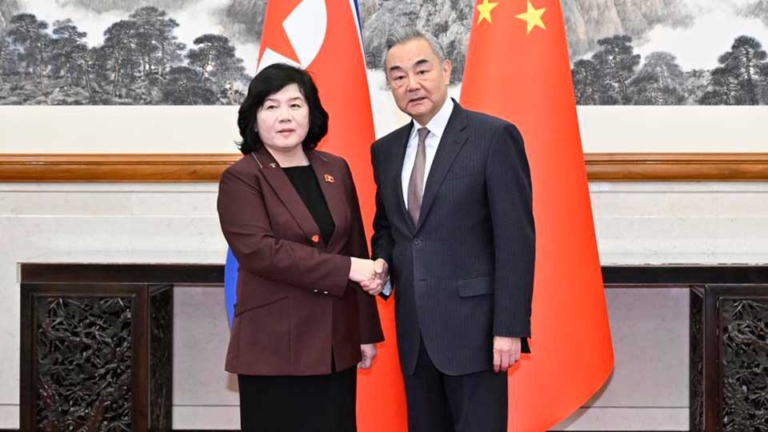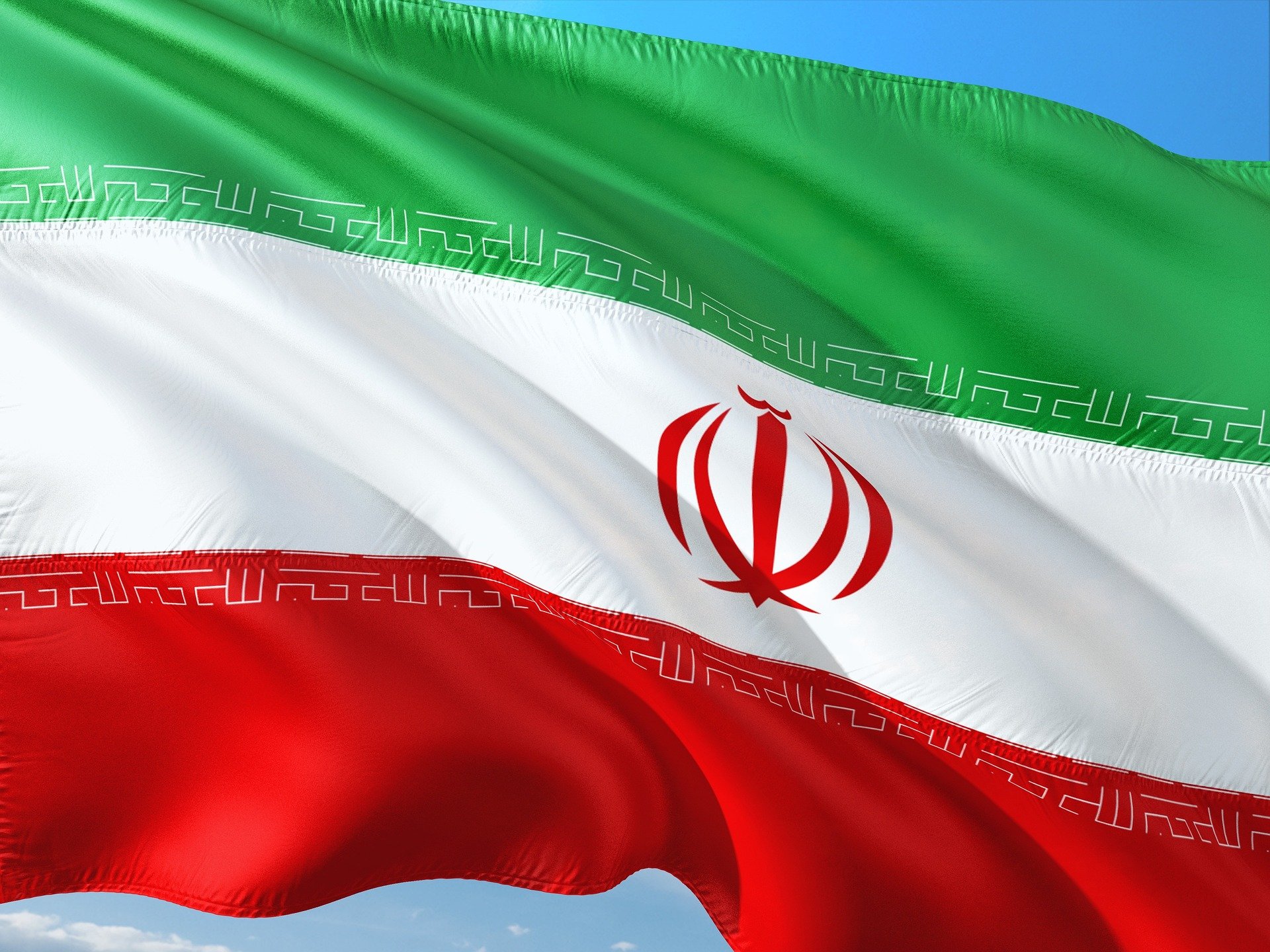Canadian Air Force Monitors North Korea Sanctions Evasion Amid Rising Tensions
Royal Canadian Air Force (RCAF) personnel based in Okinawa, Japan, are engaged in a critical mission: enforcing sanctions against North Korea. A crew of approximately 15 members aboard a CP-140 Aurora aircraft routinely patrols the waters surrounding North Korea, monitoring for illegal maritime shipments that sustain the nation's nuclear weapons program. This operation, known as Operation Neon, occurs amid growing concerns that North Korea, led by Kim Jong Un, is strengthening its position and evading international sanctions with increasing success.
Operation Neon: Canada's Role in Enforcing Sanctions
Operation Neon represents Canada's contribution to a multinational effort involving countries such as Australia, France, Germany, Italy, Japan, Netherlands, New Zealand, South Korea, United Kingdom, and the United States. The RCAF crew utilizes advanced surveillance technology on the retrofitted Aurora aircraft to detect suspicious vessels and activities. Despite the aircraft's age, the surveillance equipment is state-of-the-art.
Brig.-Gen. Jeff Davis, Deputy Commander of Force Generation at 1 Canadian Air Division, emphasized the importance of the gathered information. "The information that we’re gathering on a day-to-day basis is super important for the allies to interpret, in order to enforce those sanctions," he stated. The crew uses a combination of radar, visual sensors, and cameras to identify vessels potentially engaged in ship-to-ship transfers of fuel and other prohibited goods.
Challenges and Tactics of Sanctions Evasion
The vast expanse of the East China Sea and Yellow Sea, coupled with heavy shipping traffic, presents significant challenges. According to Captain Monticia Michael, the flight's tactical commander, suspect ships often conceal their activities by blending in with regular vessels, disabling their AIS transponders, and falsifying registration documents. The crew must quickly assess each vessel to identify potential violations.
Captain Dominick Knerr, one of the plane's pilots, highlighted the unique application of the Aurora aircraft, traditionally used for anti-submarine warfare, now employed for intelligence gathering. "So we’re actually using this aircraft for something different, which is intelligence gathering. It’s the most unique experience we have." The information gathered is passed up the chain of command for analysis to determine if sanctions have been breached.
Russia and China's Impact on Sanctions Enforcement
The effectiveness of sanctions enforcement has been undermined by actions from both Russia and China. Russia's veto of the UN panel of experts responsible for investigating sanctions violations has significantly hampered international efforts. Christopher Green, senior consultant for the Korean Peninsula at International Crisis Group, noted, "Changes in the international system, geopolitical shifts have worked in North Korea’s favour to undermine the sanctions regime."
Kim Jong Un's strengthened relationship with Vladimir Putin has further complicated the situation. North Korea has provided support to Russia's war efforts in Ukraine, and in return, Russia has aided North Korea in evading sanctions and developing its nuclear capabilities. Jonathan Corrado, policy director at The Korea Society, stated that Kim Jong Un "has unlocked the ability not only to continue defying sanctions, but to develop his nuclear weapons capabilities." Satellite imagery indicates that Russia has supplied North Korea with significant amounts of oil and advanced technologies.
Escalating Tensions and Chinese Interference
Michael Kovrig, senior advisor with the International Crisis Group, highlighted China's role in supporting North Korea's sanctions evasion efforts, including blocking or diluting new sanctions at the UN Security Council and turning a blind eye to covert shipping networks. During RCAF patrol flights, Chinese fighter jets have been observed intercepting the Aurora aircraft. Brig.-Gen. Davis reported that these intercepts have become a regular occurrence.
Kovrig stated, "While (the Canadians) are flying around the Korean peninsula, imposing UN sanctions that China as a Security Council member has agreed with, the PLA (China’s People Liberation Army) and Air Force have threatened and behaved in a hostile manner toward those Canadian Air Force Pilots. That gives you some indications of China’s mentality about this issue. And it’s not a promising sign.” Xi Jinping's recent hosting of Kim Jong Un and Vladimir Putin in Beijing signals a growing alliance among sanctioned nations, posing a challenge to international efforts to curb North Korea's nuclear ambitions.
"Without China’s support, neither (North Korea or Russia) could be doing what they’re doing," Kovrig concluded, underscoring the critical role of China's support in enabling the actions of both North Korea and Russia.
 Visit the website
Visit the website







